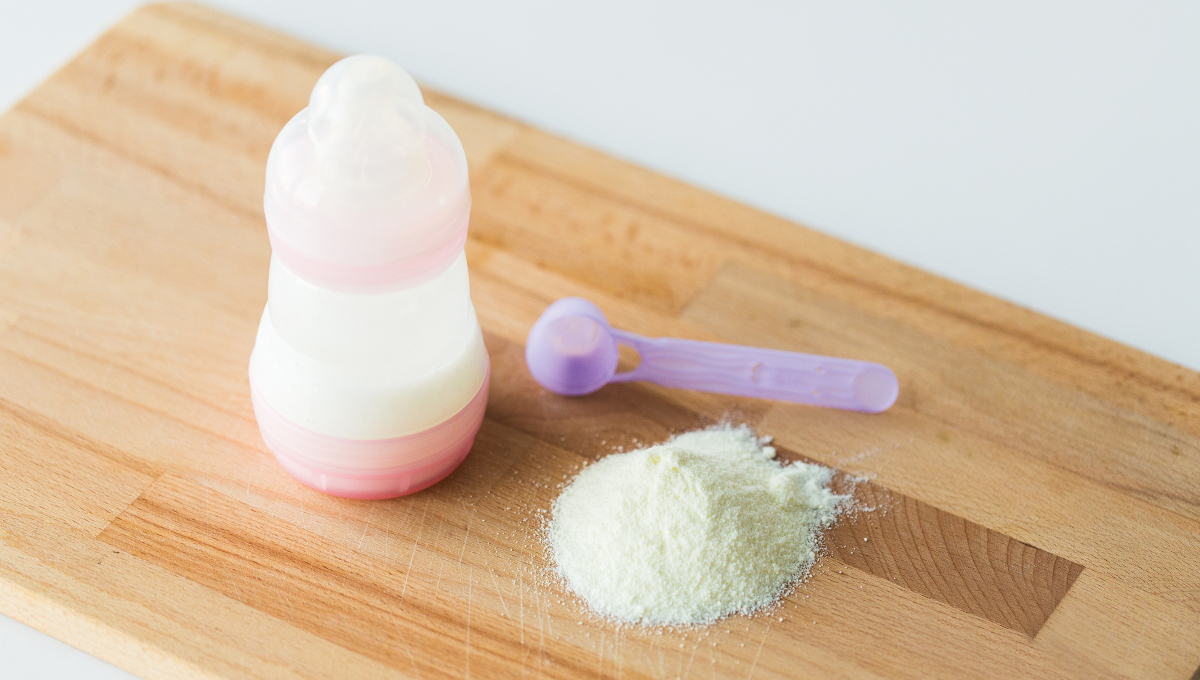The FDA reports that a Salmonella Newport infection initially thought to be related to infant formula is not necessarily linked to the powdered products currently under recall.
Food and Drug Administration officials say the infection, which had been included in an investigation into formula produced by Abbott Nutrition, may not be linked to the company’s product.
“After further investigation, the FDA has determined that there is not enough information to definitively link this illness to powdered infant formula,” according to a statement from the agency. “CDC confirmed that this single Salmonella illness is not linked to an outbreak.”
Both the FDA and the Centers for Disease Control and Prevention are continuing to monitor for other Salmonella patients and consumer complaints related to the confirmed case of Salmonella infection, according to the FDA statement.
The FDA was investigating the Salmonella infection case along with four Cronobacter infections in infants who had been fed formula products made at Abbott Nutrition’s Sturgis, MI, production plant. Two of the infants infected by Cronobacter died. Investigations into their deaths are ongoing.
Abbott has recalled four infant formula products in relation to the Cronobacter outbreak. One of the products is a special formulation and is identified as: Similac PM 60/40 with lot code 27032K80 (can) / 27032K800 (case).
The three other recalled Abbott Nutrition infant formulas subject to recall in relation to the Cronobacter outbreak are sold under the brands Similac, Alimentum, or EleCare and can be identified by the 7 to 9 digit code and expiration date on the bottom of the package. Products are included in the recall if they have all three of these codes:
- the first two digits of the code are 22 through 37 and
- the code on the container contains K8, SH, or Z2, and
- the expiration date is 4-1-2022 (APR 2022) or later.
The Abbott Nutrition production plant in Sturgis, MI, is closed while the FDA continues its investigation.
Additional recall information for the initial recall is available on the FDA website. Parents can also enter their product lot code on the company’s website to check if it is part of the recall.
“The recalls do not include liquid formula products. Consumers should continue to use all product not included in the recalls,” according to the FDA.
“Parents and caregivers should never dilute infant formula and should not make or feed homemade infant formula to infants. Consumers should also avoid purchasing imported formula through online sales, as it has the potential to be counterfeit.”
Consumers who receive their infant formula through the WIC program should not throw the formula out. Instead, they should take it to the store for a refund and exchange or call the company at 800-986-8540. WIC recipients should be able to obtain a different brand of similar formula. Recipients of WIC benefits should contact their WIC clinic for more guidance. Also see:
More information on Cronobacter and infant formula is available on CDC’s website.
To report an illness or adverse event, consumers can
- Call an FDA Consumer Complaint Coordinator to speak directly to a person about your problem.
- Complete an electronic Voluntary MedWatch form online.
- Complete a paper Voluntary MedWatch form that can be mailed to FDA.
About cronobacter infections
Cronobacter bacteria can cause severe, life-threatening infections (sepsis) or meningitis (an inflammation of the membranes that protect the brain and spine). Symptoms of sepsis and meningitis may include poor feeding, irritability, temperature changes, yellow skin and whites of the eyes, grunting breaths, and abnormal movements.
Cronobacter infection may also cause bowel damage and may spread through the blood to other parts of the body.
If your child is experiencing any of these symptoms, you should notify your child’s healthcare provider and seek medical care for your child immediately. Healthcare providers and health departments are encouraged to report any confirmed cases of Cronobacter sakazakii to CDC.
(To sign up for a free subscription to Food Safety News, click here.)

